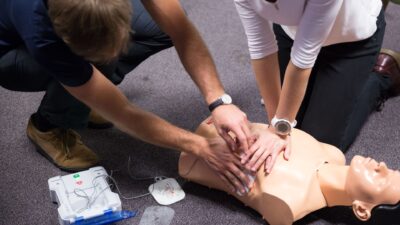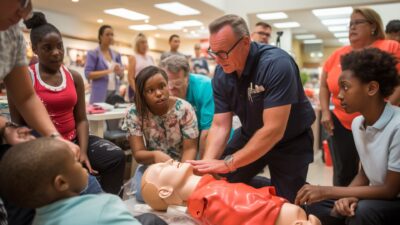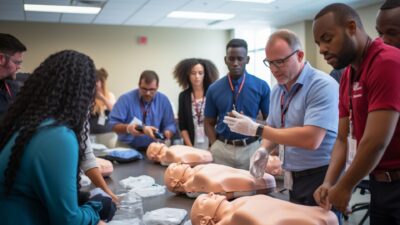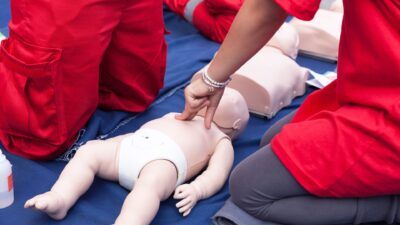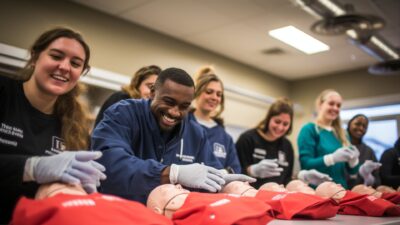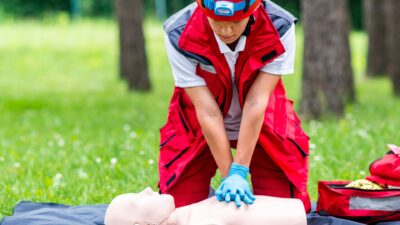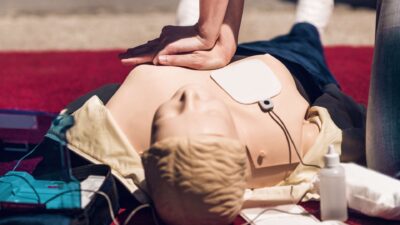
Hearts in Autumn: CPR Awareness and Training
As the leaves turn brilliant shades of red, orange, and gold, and the air becomes crisper, autumn ushers in a season of change. It’s a time for cozy sweaters, pumpkin-spiced lattes, and the irresistible urge to frolic in piles of fallen leaves. However, amid this picturesque backdrop, the fall season also brings its own set…
Read More
